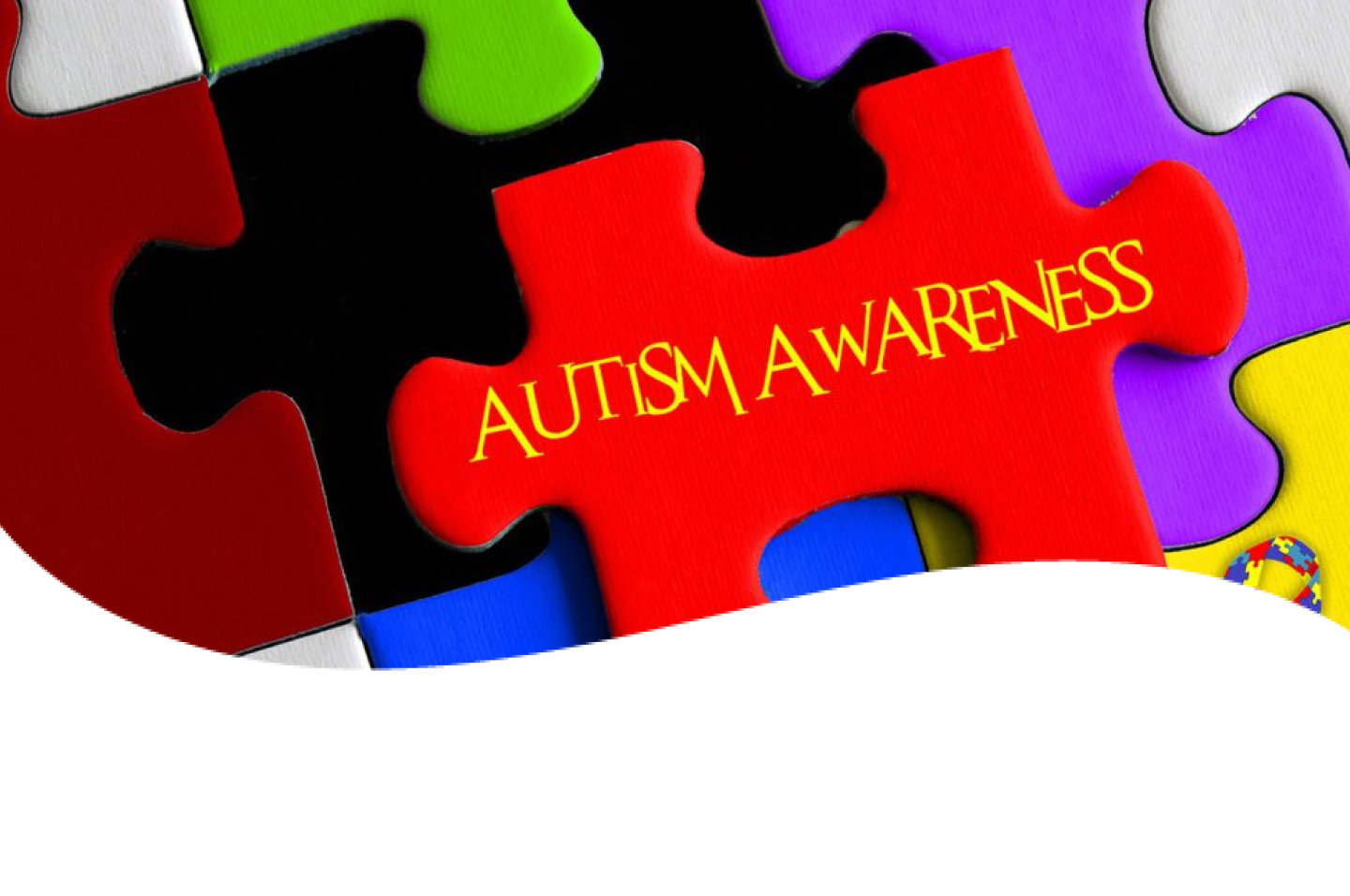You have probably heard of Autism Syndrome Disorder (also referred to as ASD) or simply Autism. Possibly you may know a fair bit about it, dealing with a loved one in your circle who is autistic. But as a layperson you aware of the latest findings on the subject, or are you existing like the majority of people, riddled with myths, utter falsehoods, and half-truths passed down over the generations?
With the wonderfully fast-paced and interesting research going on globally to clear the air on ASD, it’s time we set the clock right on the matter. So, we worked to bring you updates in a simple, jargon-free manner that may be understood by parents, guardians, and caregivers in the family – or just about anyone who chooses to be more aware of the topic.
Over the weeks, right here, we will try to approach the subject from a nonprofessional's point of view, addressing common queries and concerns. Essentially how a group of ‘peer’ parents or guardians would band together to exchange news and views. With the aid of our specialist friends, we will try to create a platform for relevant, pertinent, and meaningful interaction.
To start, are you up for a quick quiz to find out how much you know about ASD?
The results may quite surprise you!
Answer True or False and check below for correct answers.
- ASD is a disease.
- Consumption of alcohol/ smoking during pregnancy causes Autism in the child.
- Autism may be caused by vaccines.
- Environmental factors can cause Autism.
- Autism is fast becoming an epidemic.
- Autism is a mental disorder like lunacy.
- Persons affected by ASD have heightened scholarly and savant skills.
- Autistic people do not feel any emotions.
- Autistic people cannot speak clearly.
- Bad parenting may lead to autism in a child.
- Autistic children are prone to violence.
- One can grow out of autism.
- No two persons have the same autistic symptoms.
- Autistic persons have a diminished drive for social interaction.
- Specialist advice and guidance are needed for the management of an autistic child
And now, let’s have a look at the answers –
- Autism Syndrome Disorder is not a disease but a neurological developmental disorder that usually manifests itself in childhood but may also, in rare cases, appear in a grown-up individual. It is NOT a disease.
- While consumption of alcohol and smoking are severely discouraged all through pregnancy as they are likely to adversely affect the brain development of the fetus, so far, studies conducted globally on the subject have proved it inconclusive. So, there is no direct evidence so far to label this as confirmed.
- There is absolutely no evidence to prove that administering vaccines to a child causes autism.
- Apart from genetically induced factors, the other factor that has a bearing on a child developing autism is environmental. This includes pollution, babies born prematurely or too soon after the birth of an older sibling, the advanced age of parents, and health issues in the mother.
- There is no evidence to corroborate the fact that autism is becoming an epidemic. Globally, it is on the rise for a variety of reasons, as per the data available. Therefore, obviously a cause for concern for everyone.
- It is a neurological disorder or disability and not a mental disorder like lunacy.
- While there are cases of exemplary unique skills in certain autistic children, it is not universally true that all have heightened and enhanced scholarly or savant skills.
- Autistic individuals feel emotions and can communicate. Due to their hindered abilities, communication between autistic and non-autistic individuals may not be linear and create gaps.
- An autistic person's speech may be hindered or repetitive because of neurological issues. It requires understanding and empathy to communicate with such persons.
- Bad parenting is not responsible for the development of autism in a child. It is a combination of genetic and environmental factors.
- Usually because there are obvious gaps in communication, an autistic child is prone to frustration that in turn progresses to a meltdown, manifesting in a violent manner.
- One cannot grow out of autism at any point. It requires medical intervention and subsequent management and care.
- Since no two autistic persons show the same behaviour and symptoms, it is difficult to draw up a precise list of dos and don’ts about autism. Each case is unique and needs to be handled differently within the broad framework of management.
- Interestingly, recent studies have pointed towards the fact that 2 autistic persons are prone to communicate better with each other, but communication is usually hindered between an autistic person and a non-autistic individual. While research is still on, it may be safe to state that it is because the non-autistic person does not interact on the plane of the autistic individual. Let’s never say that they do not wish to indulge in or enjoy social interaction.
- Since it is still an area riddled with myths, falsehoods, and half-truths, the detection of an autistic child in the family leads to much confusion, agony, and fear in the minds of the parents/ guardians. In India, they deal with the added pressure of social stigma around ASD, which often makes them hesitant to reach out for expert help. It should be remembered that in such cases, it requires immense courage on the part of the family to cast aside not only their personal fears and apprehensions but also societal pressures and approach for expert guidance and help. Today, ASD is perfectly manageable, and individuals are leading fulfilling and productive lives despite being diagnosed with ASD
How do you know if your child is suffering from ASD? Read about it in our next blog – broad milestones in your child’s development to check if she has Autism Syndrome Disorder.
References:
Articles
Neurologyindia.com article
Double empathy explained
